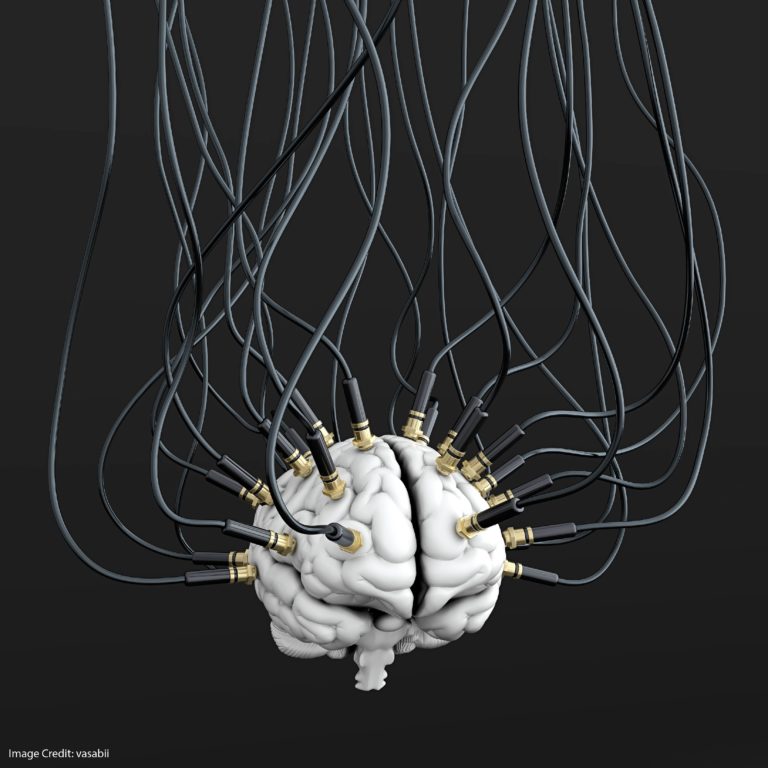-
ABOUT THE AUTHOR
Andrew Watson
Andrew began his classroom life as a high-school English teacher in 1988, and has been working in or near schools ever since. In 2008, Andrew began exploring the practical application of psychology and neuroscience in his classroom. In 2011, he earned his M. Ed. from the “Mind, Brain, Education” program at Harvard University. As President of “Translate the Brain,” Andrew now works with teachers, students, administrators, and parents to make learning easier and teaching more effective. He has presented at schools and workshops across the country; he also serves as an adviser to several organizations, including “The People’s Science.” Andrew is the author of "Learning Begins: The Science of Working Memory and Attention for the Classroom Teacher."
Tags
ADHD adolescence attention autism book review boundary conditions classroom advice conference speakers constructivism/direct instruction creativity desirable difficulty development dual coding elementary school embodied cognition emotion evolution exercise experts and novices gender high school homework intelligence long-term memory math methodology middle school mind-wandering mindfulness Mindset motivation neuromyths neuroscience online learning parents psychology reading retrieval practice self-control skepticism sleep STEM stress technology working memoryRecent Comments
- Goals, Failure, and Emotions: a Conceptual Framework |Education & Teacher Conferences on “Learning from Mistakes” vs. “Learning from Explanations”
- From Destruction to Rebuilding: Hope in Science’s Down Cycle on When Analogies Go Wrong: The Benefits of Stress?
- Dual Coding: Boosting Learning Through Words and Images – White Dragon of East County on Visual & Verbal: Welcome to “Dual Coding”
- "All People Learn the Same Way": Exploring a Debate |Education & Teacher Conferences on The Goldilocks Map by Andrew Watson
- URL on Difference Maker: Enacting Systems Theory in Biology Teaching, by Christian...
ABOUT THE BLOG

Fostering Curiosity in the Classroom: “What Percentage of Animals are...
When we ask students to predict the answers to questions, we make them more curious about those answers. Continue reading

Tea and Macbeth: Autobiographical vs. Semantic Memory
Dramatic classroom events are memorable, but they’re the wrong kind of memorable if we want students to learn the underlying concepts. Clare Sealy explains why. Continue reading

Inquiry- and Problem-Based Pedagogy: Dramatic Results in South America (?)
This study conclusively shows that good teaching is more effective than bad teaching. Continue reading

Today’s Neuro-Nonsense: Reading Brainwaves in the Classroom
Live EEGs in the classroom just don’t work this way. Continue reading

Getting Research to Work in Schools
Some schools hire “research leads” to encourage research-based teaching in their schools. Does this approach work? Can it? Continue reading

Prior Knowledge: Building the Right Floor
Researchers can demonstrate that some core knowledge is essential for students to start learning about a topic. Teachers can use that guidance to improve learning for all students. Continue reading

Faster Learners Remember Better (Perhaps)
Adults who learned word pairs faster also remembered them better the following day. How does this research apply to schools? For lots of reasons, we just don’t yet know… Continue reading

Motivation = “Self-Determination” + Common Sense
Common sense tells us that teachers should offer clear goals and specific feedback. Research supports that guidance, with an important caveat. Continue reading

What if a Research-Supported Educational Idea is Unconstitutional?
A religious studies professor argues that required mindfulness programs in schools create constitutional problems. She also offers solutions. Continue reading

When Introverts Act Like Extraverts (and Vice Versa)
Surprising new findings suggest that introverts can act like extraverts — and that they get some important benefits from doing so. This finding asks us to rethink powerful arguments about schools and personality types. Continue reading

